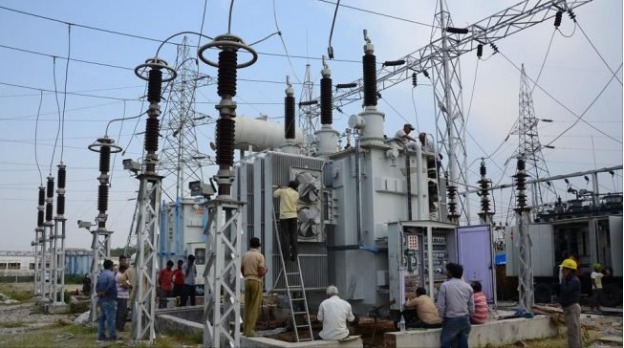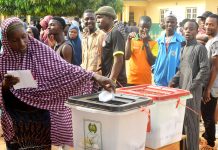State governors are calling for the full refund of their equity investments in the $10 billion National Integrated Power Projects (NIPPs), managed by the Niger Delta Power Holding Company (NDPHC). Additionally, they are seeking an equitable return on their investments.
In a document titled “Development of the National Integrated Electricity Policy and Strategic Implementation Plan Policy Recommendations by State Governments,” submitted to the Federal Ministry of Power, the governors detailed their demands. The Ministry confirmed receipt but has not commented on the requests.
“The investments by states in the NDPHC need to be clearly defined. States advocate for a refund by the Federal Government of the states’ full equity investments in the NIPPs plus an equitable rate of return on their investment. The refund of states’ investments in the NIPPs is without prejudice to the ability of the Federal Government to privatise or sell the NIPPs,” the governors stated.
Under the Electricity Act 2023, state governments can now operate and regulate their own electricity markets independently of the Nigerian Electricity Regulatory Commission, a federal agency.
The NIPPs, a government-led initiative launched in 2004, aim to boost Nigeria’s electricity generation through gas-powered plants. The NDPHC, a limited liability company, manages these assets, which are owned by the federal, state, and local governments.
Despite the NIPP’s significant financial outlay, including an initial $2.5 billion seed fund and a total estimated investment of around $10 billion, the Socio-Economic Rights and Accountability Project (SERAP) claims that the projects have not resulted in substantial increases in power generation.
The Federal Ministry of Power is yet to respond to the governors’ demands. Bolaji Tunji, the Minister of Power’s media aide, confirmed receipt of the document and promised a follow-up, but no further information has been provided.
Dr. Sam Amadi, former Chairman of the Nigerian Electricity Regulatory Commission, noted that as the assets are still owned by the three tiers of government, states should continue to hold equity in the plants and receive returns. However, he acknowledged that if the Federal Government had fully taken over the assets, states would have grounds to demand a refund.
The governors emphasized the lack of valuation of state assets in power distribution companies before privatisation. They argued that existing state Rural Electrification Boards (REBs) legally own the assets created by them, and these should be recognized and assessed comprehensively.
They also highlighted that states and the Federal Capital Territory have greater equity than the Federal Government in the 40% government shareholding in successor Discos, based on a 2018 NERC valuation. Despite this, states have no representation on the boards of these companies. The governors recommend that states should have at least one representative on the boards to ensure an inclusive decision-making process.
In January, the Federal Government, through the Bureau of Public Enterprises (BPE), initiated transactions for the sale of five NIPP power plants valued at about $1.15 billion. These include the Geregu II, Omotosho II, Olorunshogo II, Odukpami, and Benin-Ihovbor plants. Despite the ongoing transaction, sources indicate that these plants should be valued higher, around $5 billion, based on international benchmarks.
The Federal Government and state governors agreed in December 2022 to sell these plants to fund the 2023 budget. This agreement came after prolonged disputes and legal challenges.
The governors are urging the Federal Government to recognize state investments in power assets, provide equitable returns, and ensure state representation in power company boards. They emphasize the need for a comprehensive assessment of state investments and greater collaboration between states and the Federal Government in the electricity sector.













